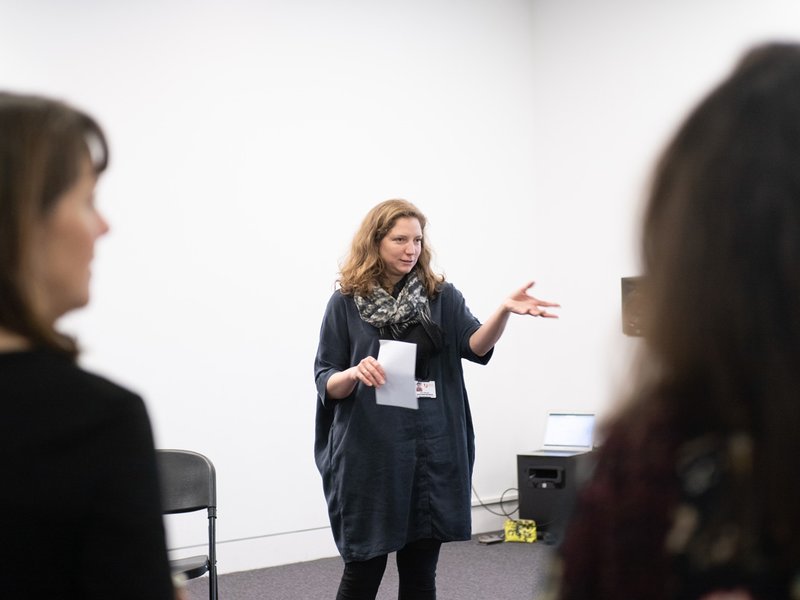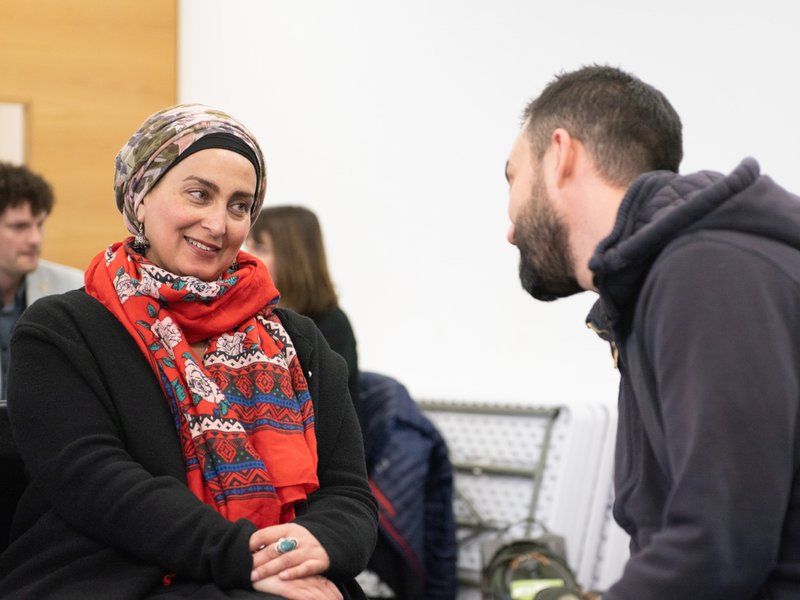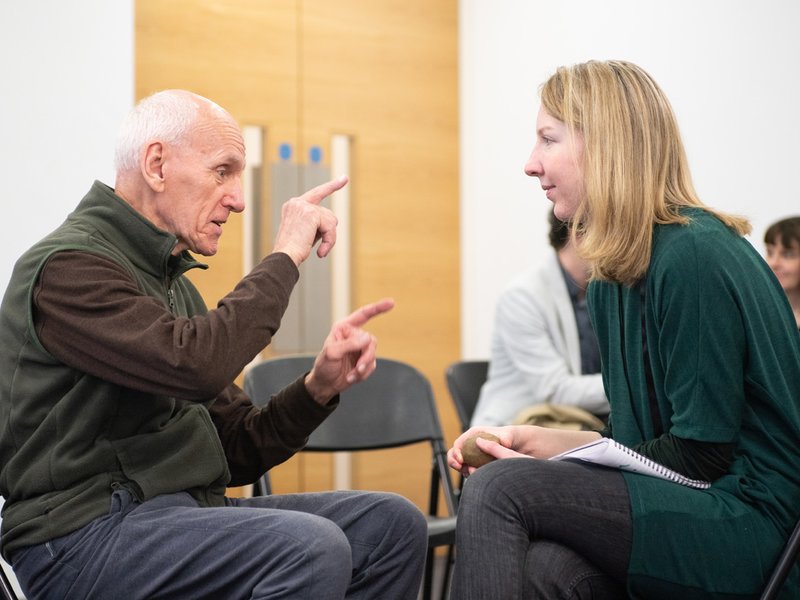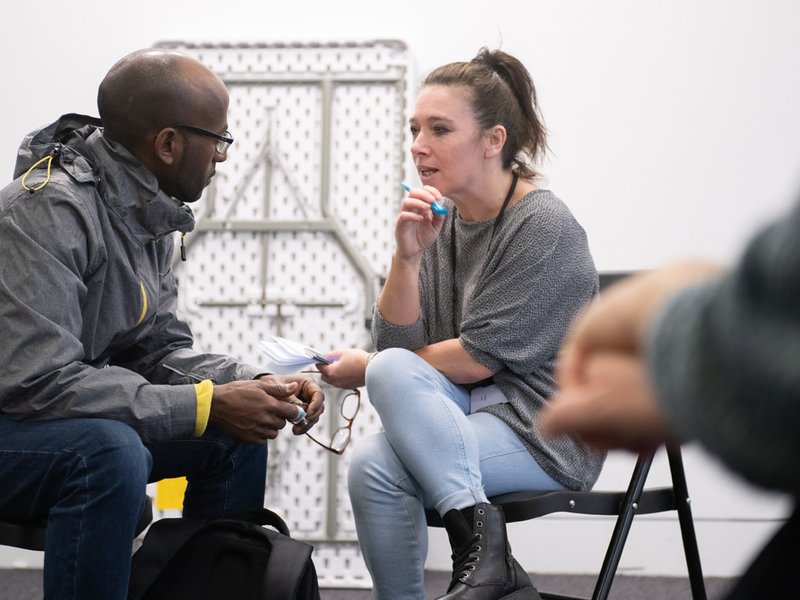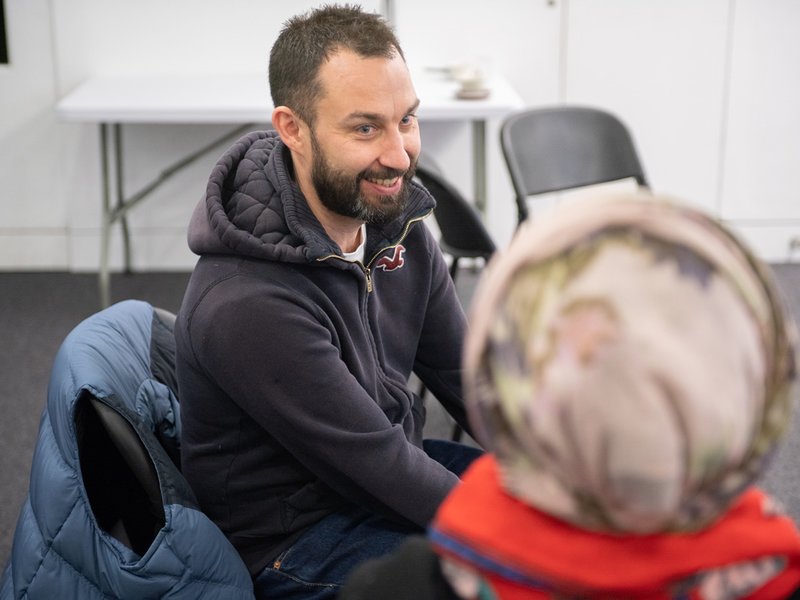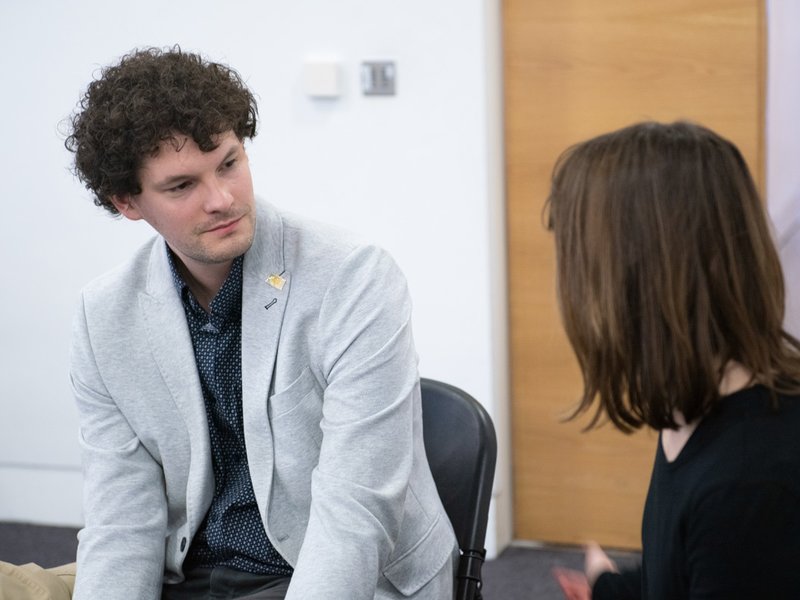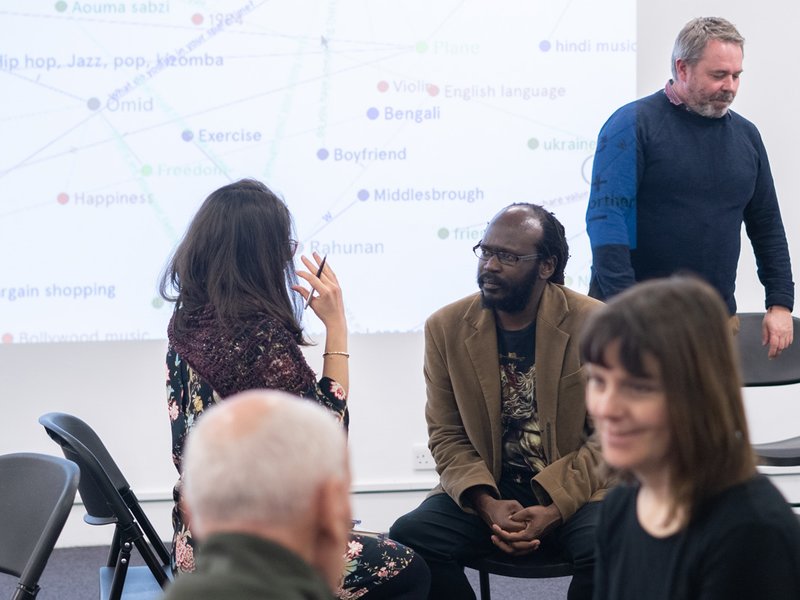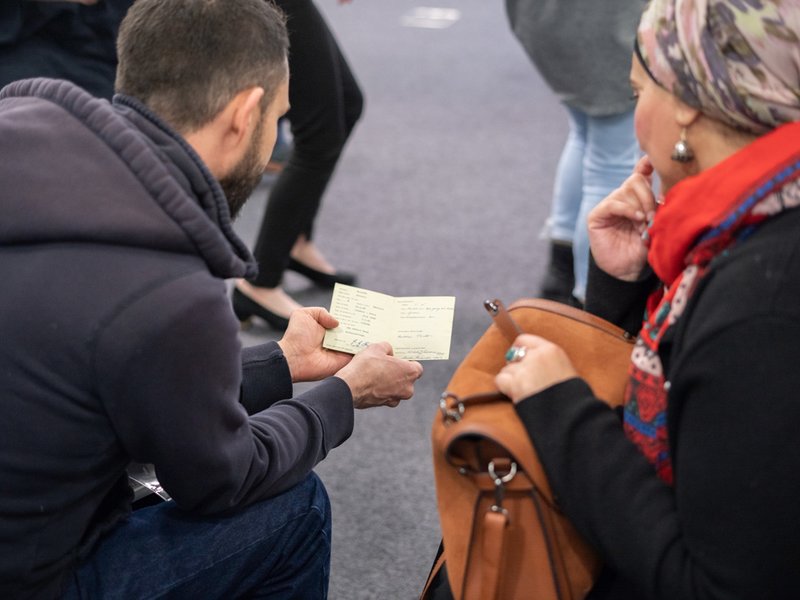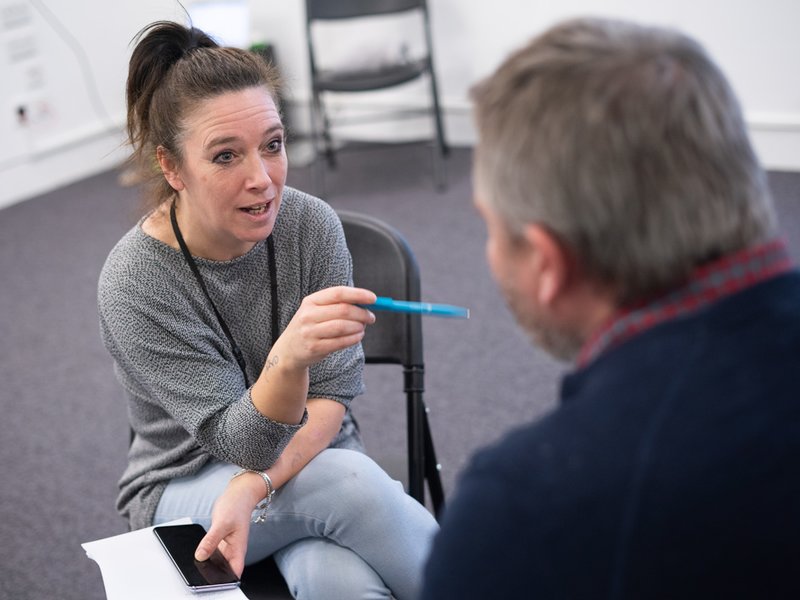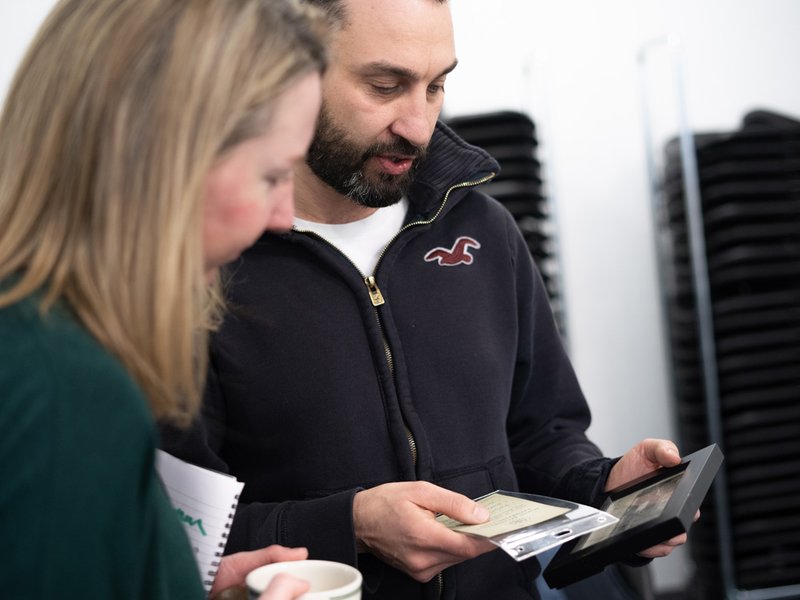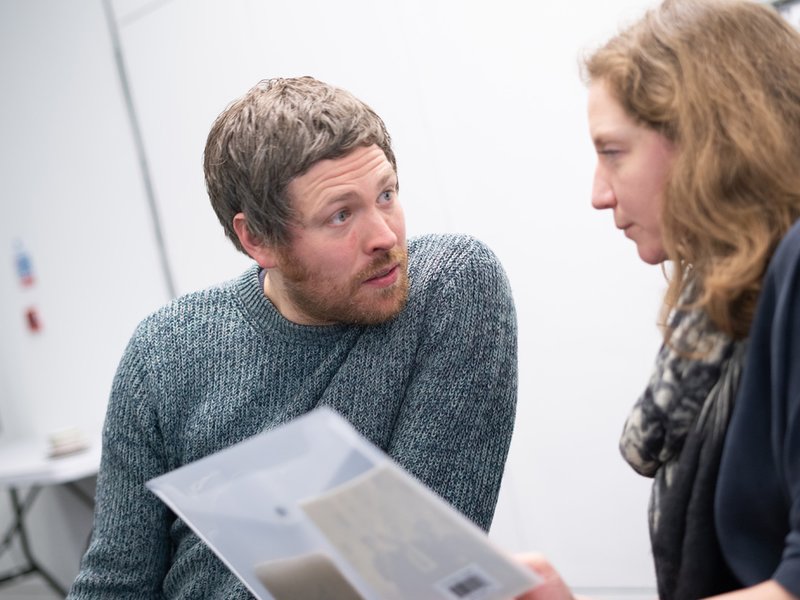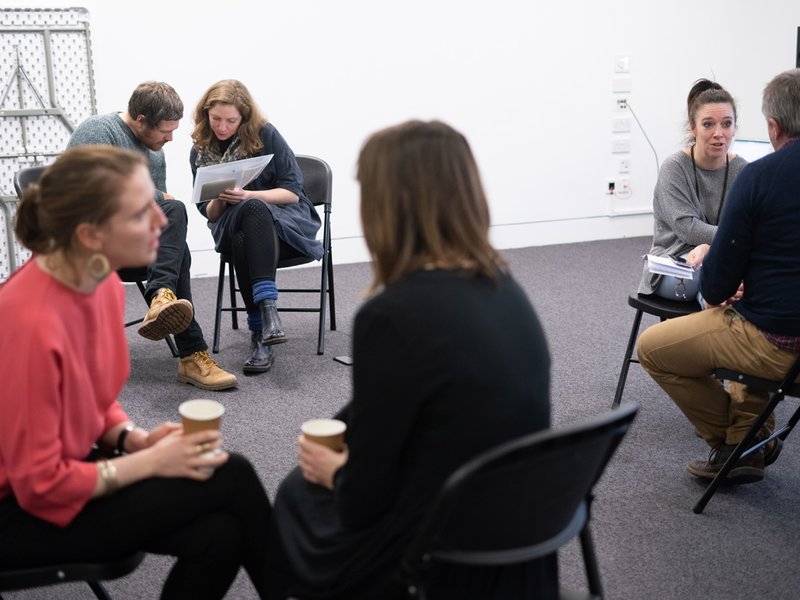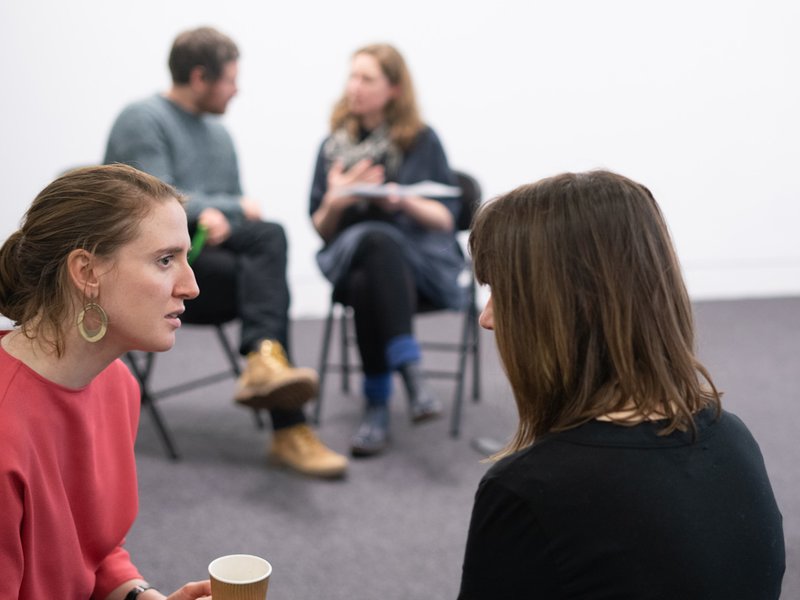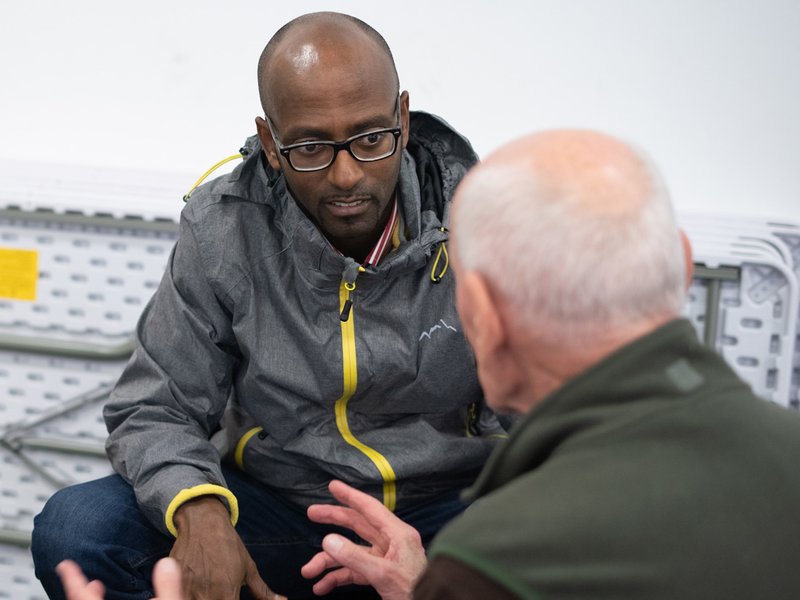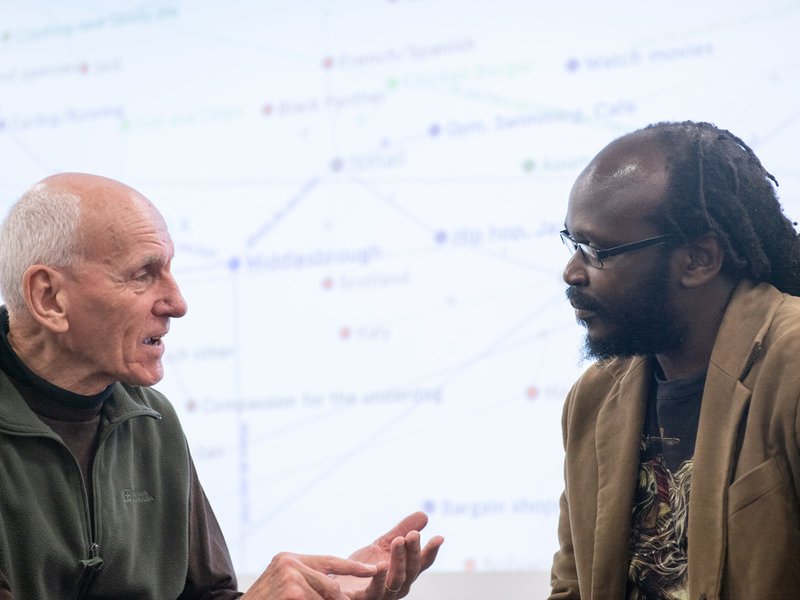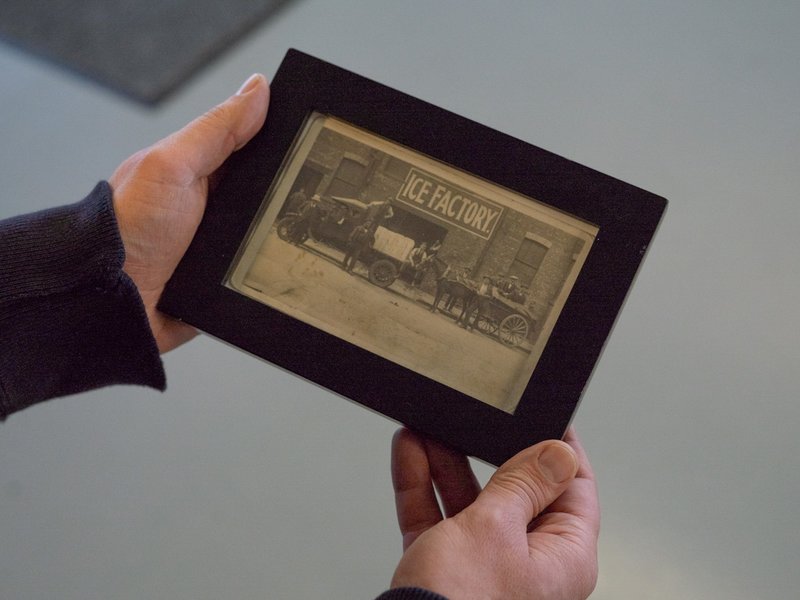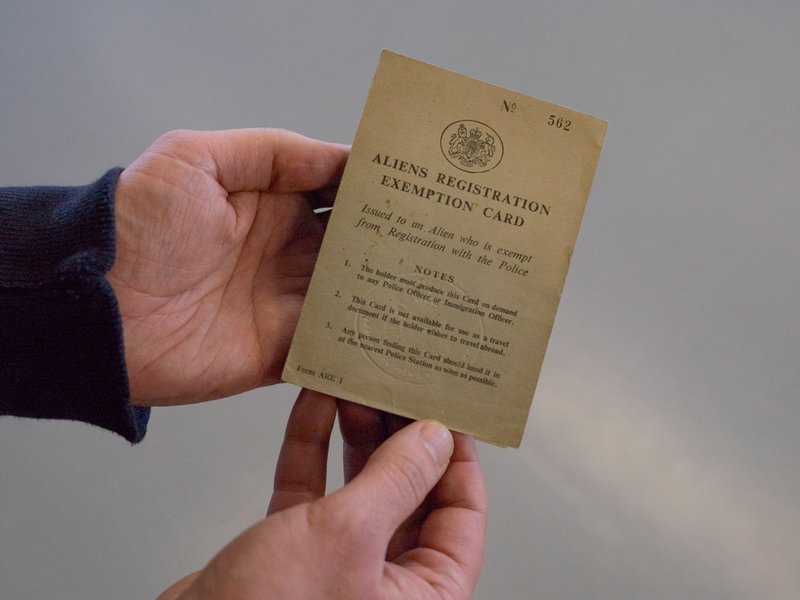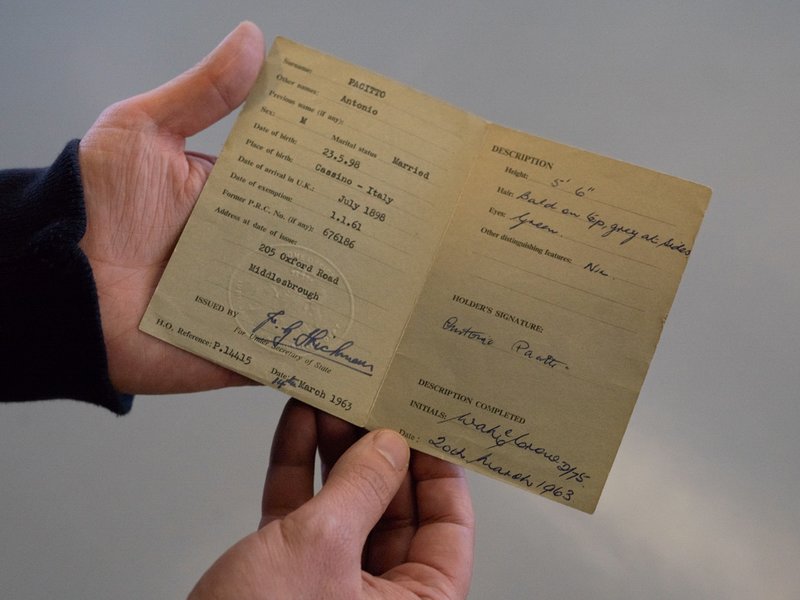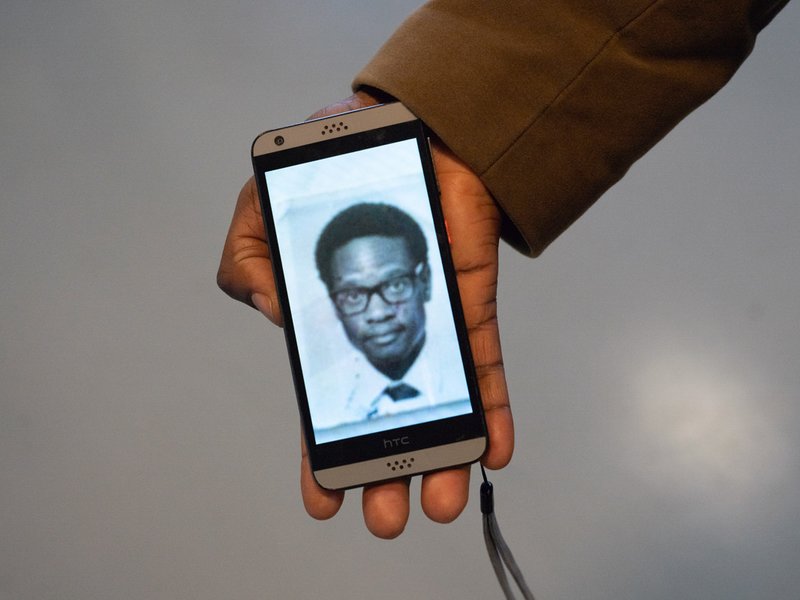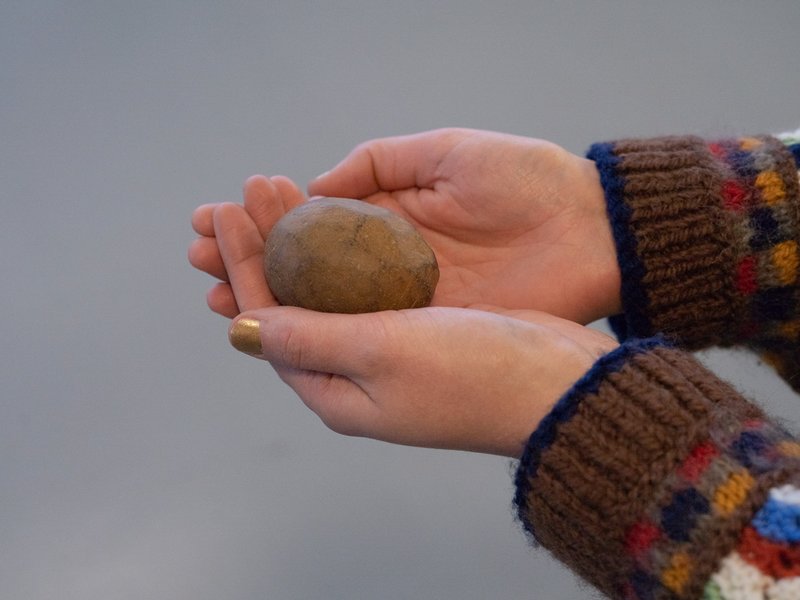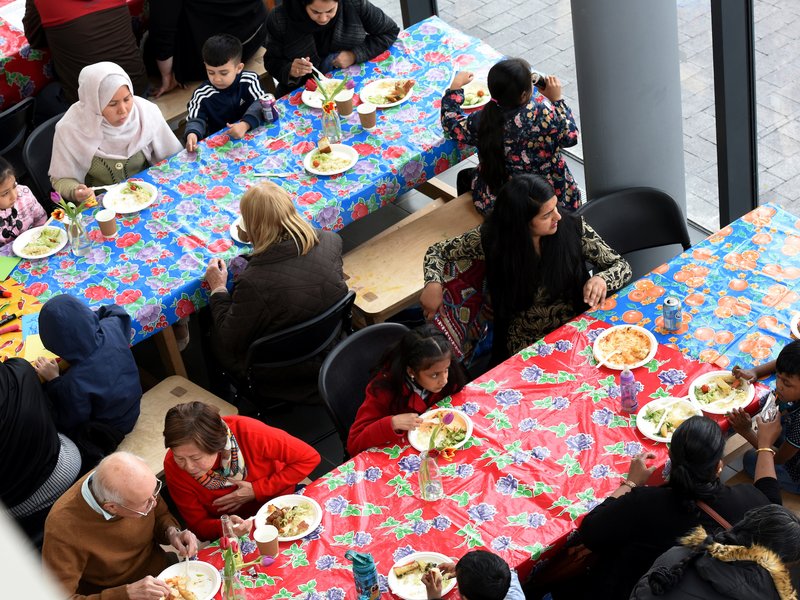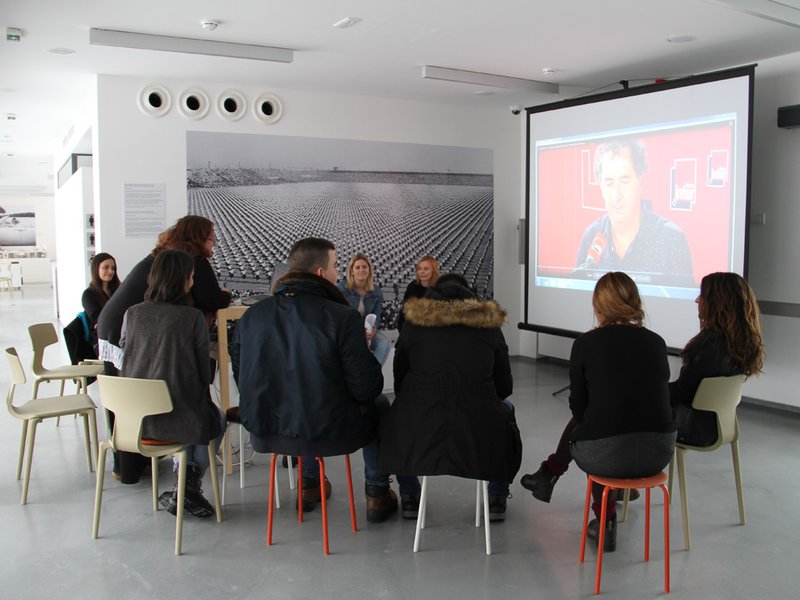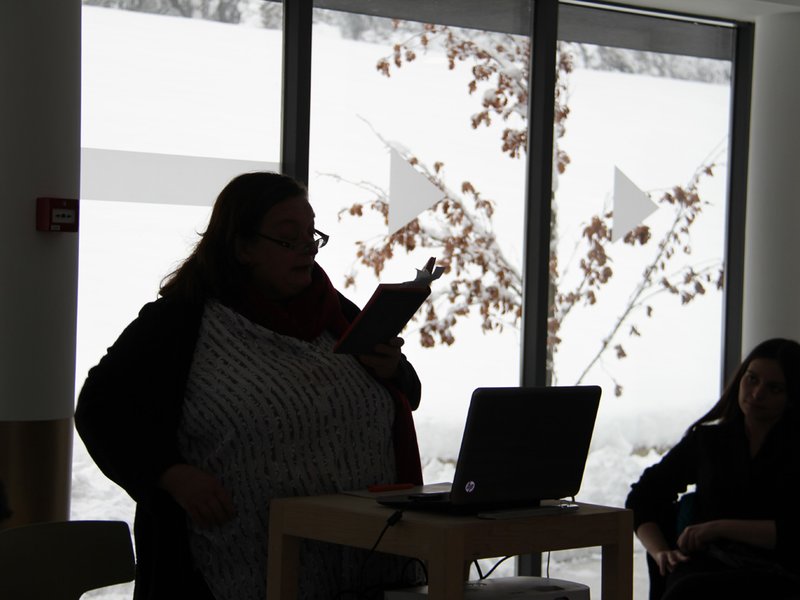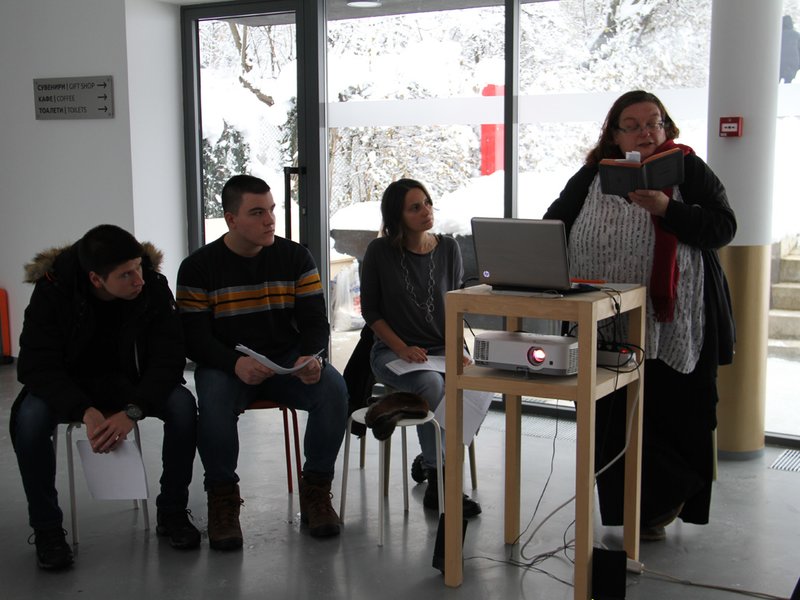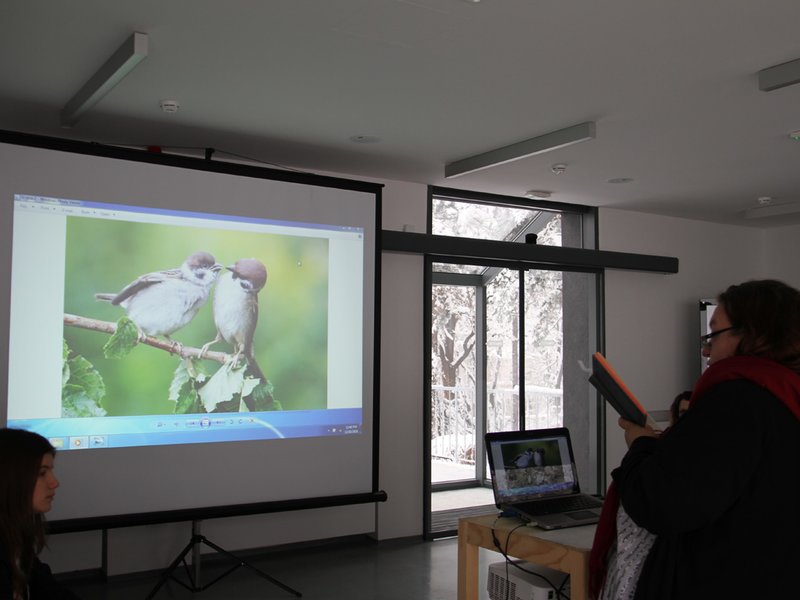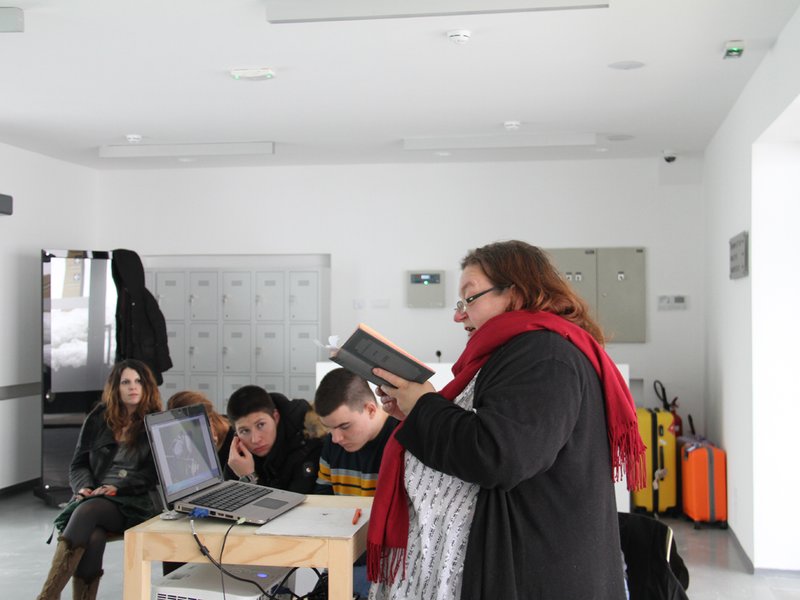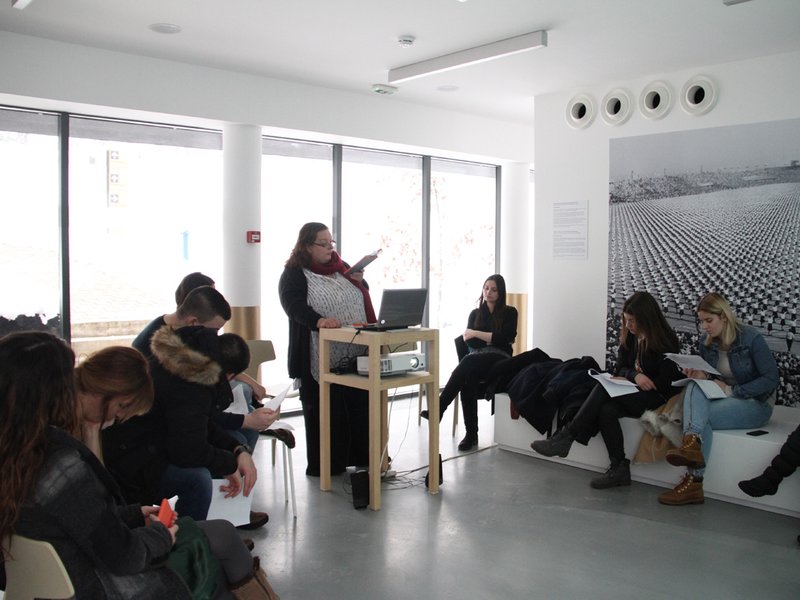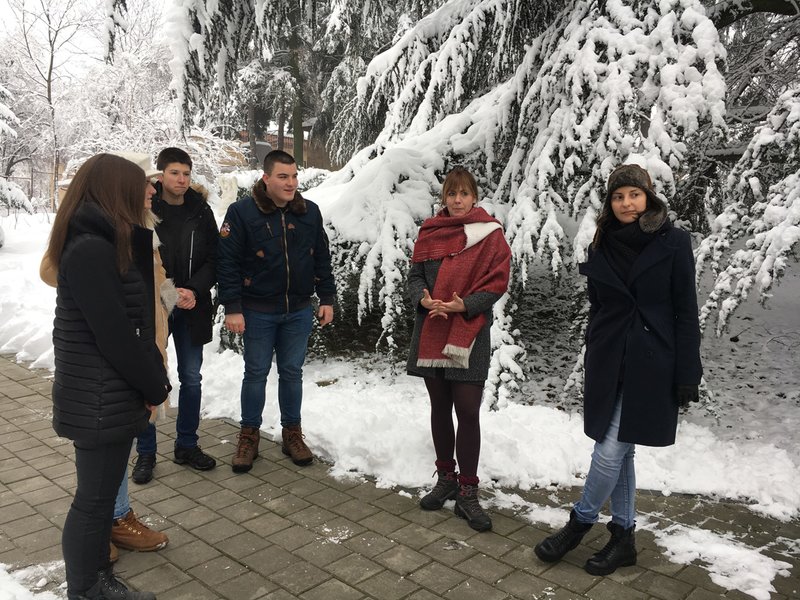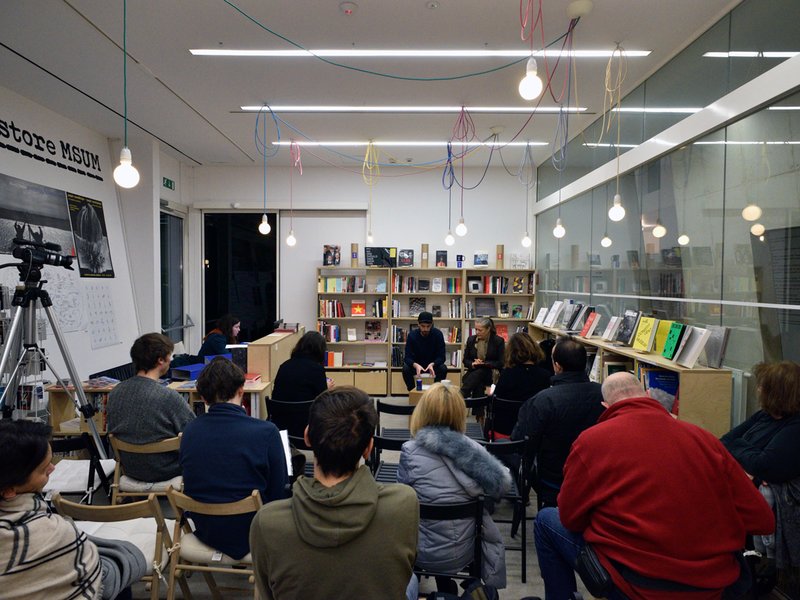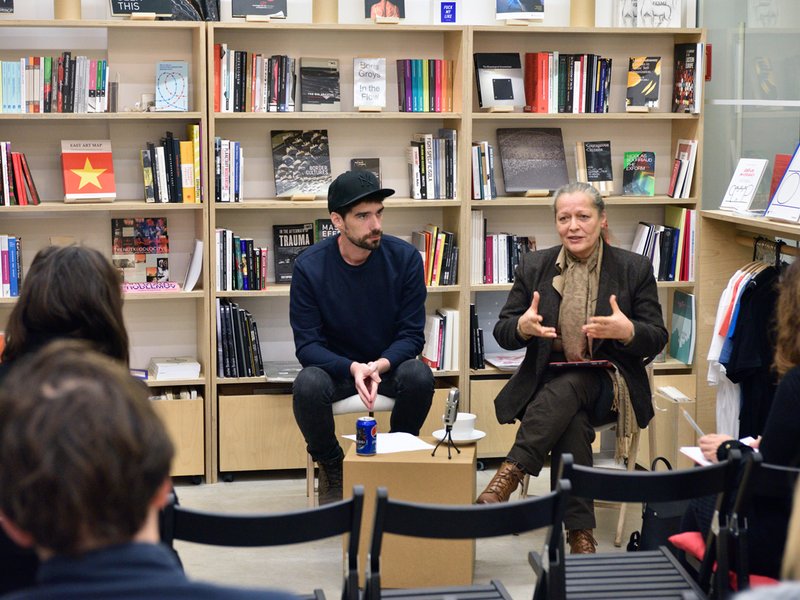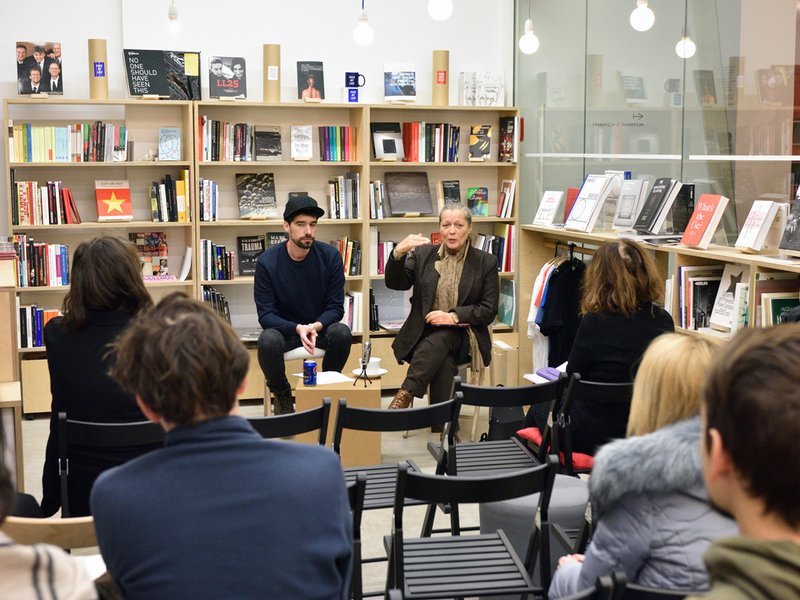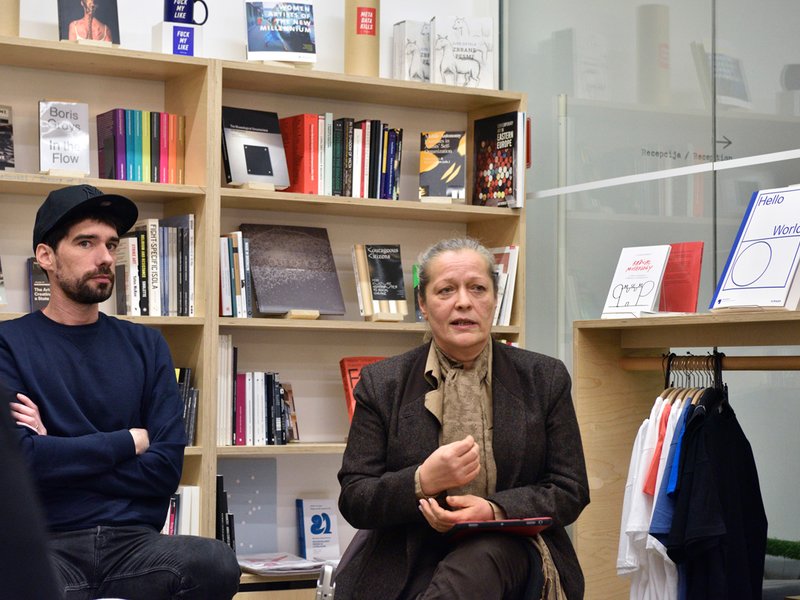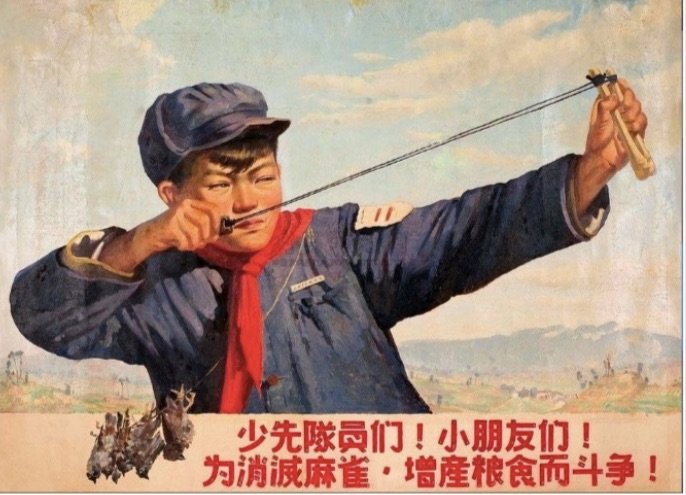
International Migrants' Day: We Are All Migrants
15 – 19 December 2018 in Vienna, Middlesbrough, Belgrade and Ljubljana. The partners of New Mappings of Europe project have initiated concurrent events for the International Migrants' Day to celebrate, accept and make visible our rich histories of migrations. In recent years, discussions about migrations have been marked by the so-called refugee crisis as the media have dubbed the more numerous than usual border crossings. The word migration thus conjures up images of endless caravans of people from the Middle East, the militarised responses of the EU states, social polarisation and the rise of hate groups. The point of view that presents the mass migrations as an extraordinary natural disaster that states must control deflects from a true understanding of this multilayered process. Mass migrations of people from one region to another have a complex history and are inextricably entwined with global economic processes that equally affect the local populations and the migrants.
Austria, Join the UN Migration Pact!
Workshop of making slogans
Christian-Broda-Platz, 1070 Vienna
Saturday, 15 December 2018, 2 p.m.
The current Austrian federal government operates an explicit anti-migration agenda, which recently has become manifest in the fact that Austria is one of the 10 states worldwide that do not support the UN migration pact. Civil society is answering their policy by large-scale protests such as the "Thursday demos", which bring up to 10,000 participants on the street every week since autumn 2018.
With a reference to the International Days of Migrants, we use the so-called demonstration against black-and-blue on December 15 to highlight their concerns in a wider context. In preparatory workshop sessions with asylum seekers as well as with young people with a migration background, slogans are drafted that articulate criticism and claims from the perspective of concerned persons. A translation process between the languages of the participants supports the communication between the different groups of participants. The resulting multilingual texts are duplicated in an easily recognisable layout and circulated among protesters in the demonstration to visualise the polyphony of claims. In addition, the slogan banners include a call for a request to the Austrian Federal Chancellor on 18 December 2018 to join the UN migration pact.
Human Library
Middlesbrough Institute of Modern Art, Middlesbrough, UK
Tuesday, 18 December, 12:30 – 13:30
On International Migrant’s Day 2018 MIMA invites you to share stories and perspectives on how migration has shaped our area. This event is organised as a human library – you bring the knowledge! In short one on one conversations, you will chat with others about journeys, diversity, new beginnings, displacement, diaspora experiences and family histories. Please feel free to bring an object, image, word or thought which speaks about the importance of migration.
This event celebrates the long histories of migration that have made the UK. Middlesbrough’s recent history was built through rapid immigration that fed the area’s burgeoning industries. Laborers came from Ireland, Wales and across England. Today the Tees Valley is home to settled diverse populations. New communities include people seeking sanctuary who are placed here through the asylum system, and international students at Teesside University. Those in the area have extracted, engineered, produced, imported, and exported, relying on the international trade and exchange of goods, and the movement of people.
The Sparrows of Wang Pei
A workshop by Ružica Marjanović (Užice Gymnasium)
Museum of Yugoslavia
Tuesday, 18 December 2018, at 11 a.m.
The mediation programme was initiated on the International Migrants Day, December 18, on which occasion the Museum of Yugoslavia, with a class of the Third Belgrade Gymnasium, organized a workshop, designed and led by the professor of Serbian language and literature, Ružica Marjanović, from Užice Gymnasium.
The starting point of the workshop was the novella of Erich Kosch, The Sparrows of Wang Pei, an exceptional literary allegorical study of social processes that precede massive, collective, often hysterical, reactions, the kind of which appeared in the 20th century and eventually lead to a crime of gigantic proportions. The text of Erich Kosch was used in this workshop to open the discussion of the role of certain social groups in creating inner enemies and the distance toward them. The focus was put on reflecting upon and understanding the responsibility of the academic community, the media, the education system, the holders of political power, and citizens who arrange the persecution and do or do not participate in it. A part of the activity was dedicated to the analysis of the behavior of the persecuted, as well as to the misuse of myths and traditions in motivating and subsequently explaining the process by which citizens are convinced that the sparrows are the enemy and should be destroyed. Looking into the mechanisms for creating intolerance analysed in Kosch’s novella and drawing on the experience of Holocaust, the workshop aimed at identifying and demystifying similar mechanism and processes connected to the period of 1990s in (ex)-Yugoslav republics, as well as on-going migrations, with the focus on relations towards migrants in today’s Europe.
Migrations on the Periphery. Slovenia and Immigrants
A lecture by Irena Šumi
Museum of Contemporary Art Metelkova, Ljubljana, Slovenia
Wednesday, 19 December 2018, at 6 p.m.
+Kantina MSUM, a space that provides alternative economies for affirmations of the knowledge of migrants and aims to build social networks and exchange ideas in the wider area of Metelkova is organising a series of lectures to address the notion of Migrations in Time and Space.
The lecture focused on the public discourse in Slovenia, which is seeing a resurgent emphasis on the “national extraction” of the citizens of Slovenia. Frequently used in such debates are the elusive notion of ethnicity “by blood” and the image of an imaginary people that has always inhabited this region, dreaming of its own state. This need for a quickly constituted national awareness has unfortunately clouded the actual history of the region, greatly marked in terms of culture, politics, and economy by migration currents over the past centuries. Anthropologist Irena Šumi, Ph.D., focused on the historical topics of how the population of present-day Slovenia was constituted, what role immigration played in this, and how the recent diaspores were framed.
